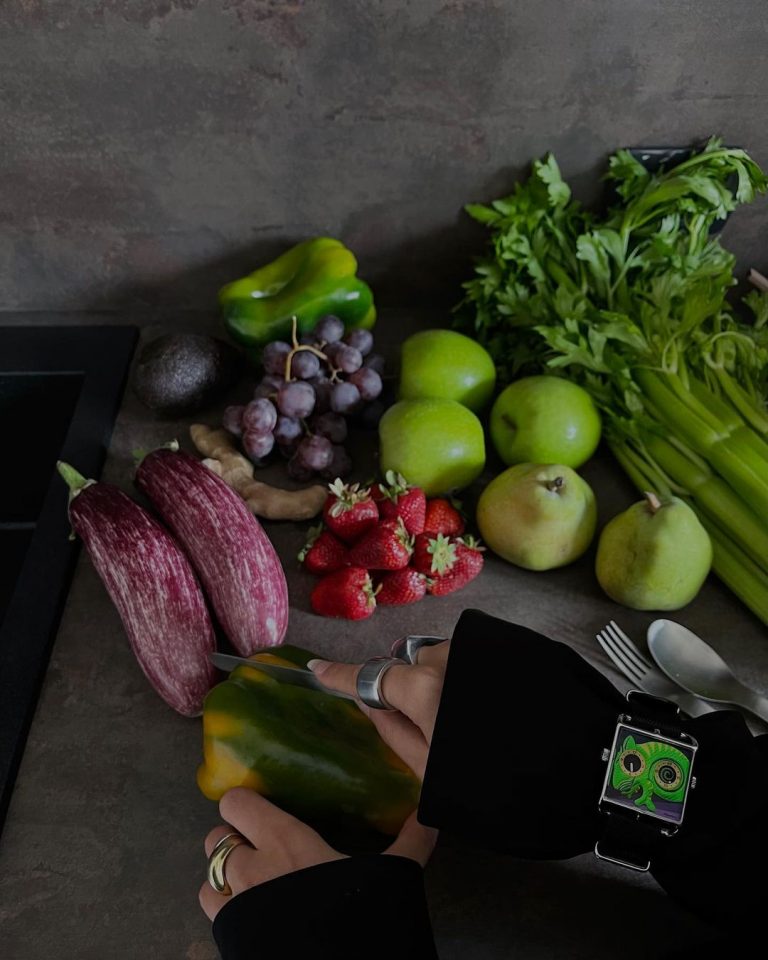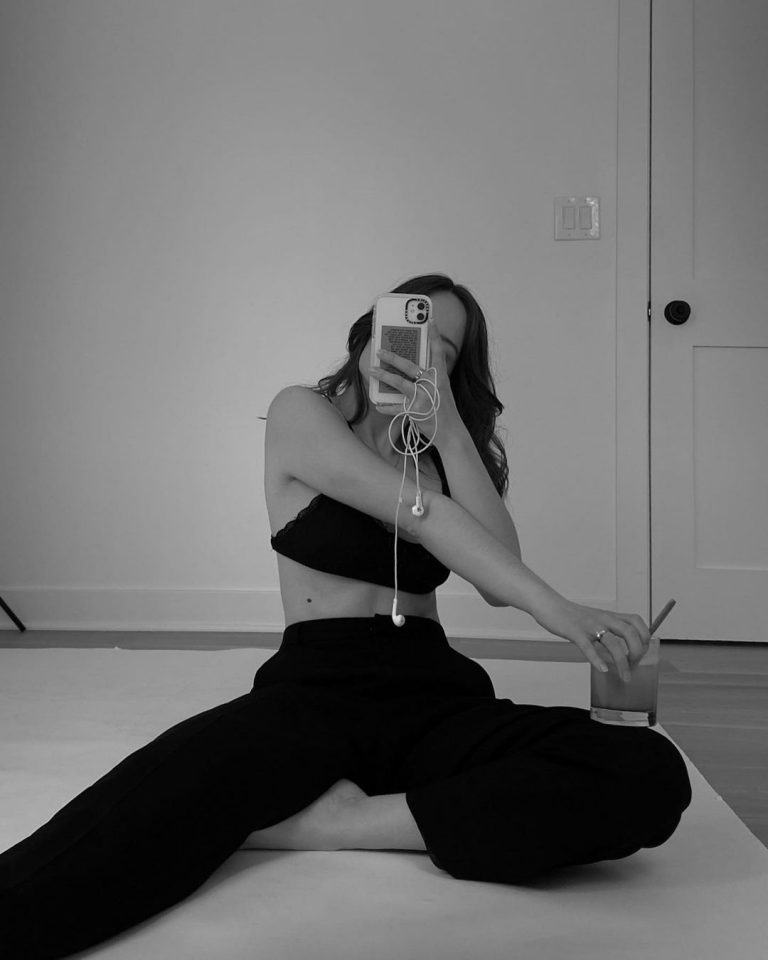The older we get, the more we realize that making friends is a lot like dating. We meet someone new, ask for their contact information, invite them somewhere to hang out and get to know each other better, and let it blossom from there.
Friendships are meant to be healthy relationships that help us feel loved, supported, and in community. Spending time with people you also love and support gives satisfaction in return. Why shouldn’t we choose them as carefully as we would a partner?
Close friends are the people who influence you the most, who will be there when you’re in trouble or need, who support your growth, and won’t suddenly disappear when you’re financially lucky. Look for these factors when letting people into your inner circle.
How do you feel around you or after spending time together?
If you’re nervous, or uncomfortable, this person may not be your closest friend. Maybe you stop coming home after seeing yourself feeling bad about yourself. If you feel judged or need to impress them to be around, consider those factors.
Can you spend time with them in different scenarios?
Do you find yourself just going to parties or nights out with this person and can’t imagine a movie night on the couch or a quiet picnic in the park with them? Some friends are limited to one moment, some are your party friends; others are just for quiet nights…and that’s fine. But best friends will align with you anywhere.
Can you be yourself?
If you find yourself making a change of being to please someone, they are either not accepting and loving you for who you are, or you can’t feel comfortable with that friendship.
Is it supporting your growth or competing?
Lasting friendships are relationships charged with mutual respect. If someone is putting you down or trying to compete with your successes instead of celebrating them with you, you have a problem.
Is the support mutual?
It is natural to go through difficult times, maybe one period of time is difficult for you and another is difficult for him/her, and you can support each other during these times. However, if someone only comes to you when they have a big problem and seems to disappear when everything is going well in their life; look for a conversation around the balance and investment you bring to this type of friendship.
After all, many of these factors apply to romantic relationships as well. This is because close and intimate relationships of all kinds require unconditional love and mutual respect. Maintaining a close circle of supportive people around you who you can reciprocate is what creates growth.


























